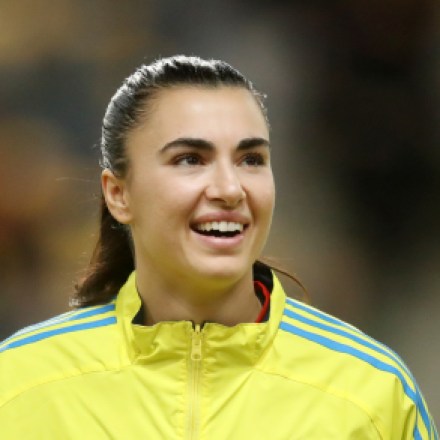UEFA Certificate in Football Management – Players’ edition (UEFA CFM)
The UEFA CFM - Players' edition is the must-have foundation programme for anyone working in football who wants to gain a comprehensive understanding of how the game is managed.
Programme Overview
The UEFA CFM – Players’ edition is an adaptation of UEFA’s most successful education programme to meet the needs of active professional football players, coaches and referees. Being delivered 100% online, it gives you the opportunity to join this unique programme, enhance your knowledge of football management and gain an academic qualification before your professional career comes to an end.
The structure and content of the programme ensures you will enhance your understanding of football management, have access to a range of different resources and become part of an expanding network of international graduates – all of which will contribute to your personal and professional development.
Quick view
Faq
- Who Active players, referees and coaches worldwide
- When Once a year, starting in January
- How long 9 months
- Where online
- Price €7900
- Nb of participants 35
- Application We review applications all year round as they arrive; however, there is a specific deadline for the upcoming edition of each programme. When the number of places is limited, you may have a better chance of being selected by applying earlier in the application cycle. You will either receive confirmation that you have been selected within two weeks of applying or be added to an application list and informed of the decision once the deadline has passed.
- Academic certification Certificate of Advance Studies (CAS), 10 ECTS credits
- Language English
- Inclusivity, Diversity and Parent Support We welcome all participants from diverse backgrounds and cultures, recognising the unique value that diversity brings to our community. If you have any uncertainties about meeting specific programme criteria, we encourage you to reach out to us. in addition, the UEFA Academy is aware of the challenges parents of young children can be facing when perusing continuous education. Should you believe it could be an obstacle to your education journey, contact us to learn more about the support the UEFA Academy can offer in that regard.
Important dates
- 23 Nov 2025 Applications close for the fifth edition
- 04 Feb 2026 Programme starts
Programme Outcomes
- Gain a comprehensive understanding of the football industry;
- Build a foundation in managerial skills;
- Acquire knowledge on how to conduct a managerial analysis of a football organisation and provide recommendations for improvement;
- Build close connections with UEFA and a global network in the football industry;
- Obtain an internationally recognised academic certificate in football management delivered by the University of Lausanne, Switzerland.
Important documents
Roadmap
Organisation of world football
Football is one of the few truly worldwide phenomena. It is also one of the most organised, with a pyramidal global hierarchy.
Our primary purpose here is to describe the organisational structure of world football, focusing first on the International Football Association Board (IFAB), which regulates the rules of the game, then on the roles of FIFA and UEFA (the game’s world and European governing bodies respectively), and finally on the other five continental football confederations.
We will also explain how football’s organisational structure has enabled its global expansion, examine how the system continues to evolve in order to take account of new stakeholders in the football ecosystem and, finally, identify the critical challenges facing the successful management of that ecosystem.
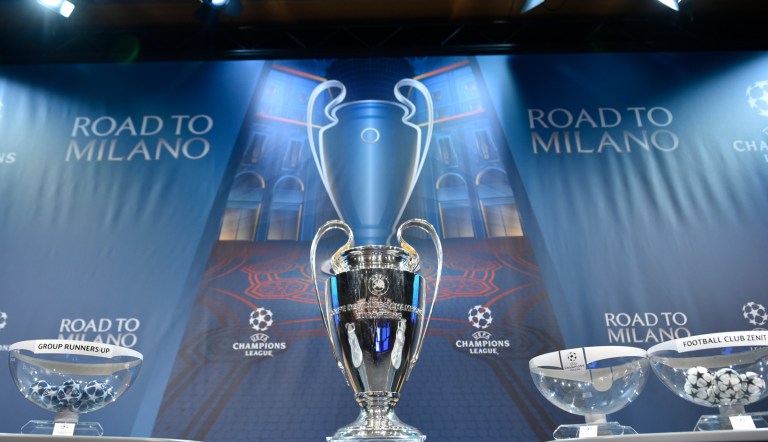
Strategic Management
Strategic management is defined as the management of an organisation’s resources in order to achieve its goals and objectives. It involves setting objectives, analysing the competitive environment, analysing the internal organisations, evaluating strategies and ensuring the management rolls out the strategies across the organisations.
The strategic management process results in a strategy can be defined as a set of planned actions and decisions aimed at achieving a long-term goal. The strategy could be for a football organisation as a whole, or could be for a specific department or project. The online module and chapter in the UEFA HFM presents a detailed model for how strategic decisions can be made, put into a strategic plan and implemented. The focus is on how a strategy for a national association as a whole can be formulated but the tools and methods presented can be applied at a departmental, project and individual level as well.
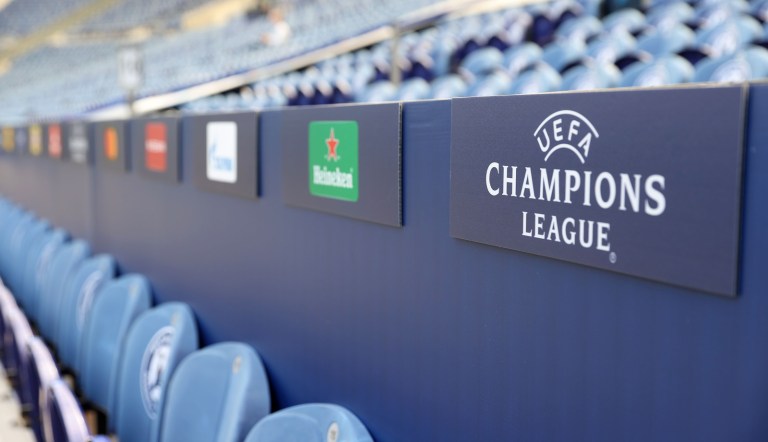
Operational Management
For a football association, operational management comprises the day-to-day activities, processes and structures that enable it to deliver its services to its stakeholders. This chapter covers four main topics. The first is human resource management. The main asset of any organisation is its people, so this section introduces the concepts of motivation, career management, incentives and organisational structure.
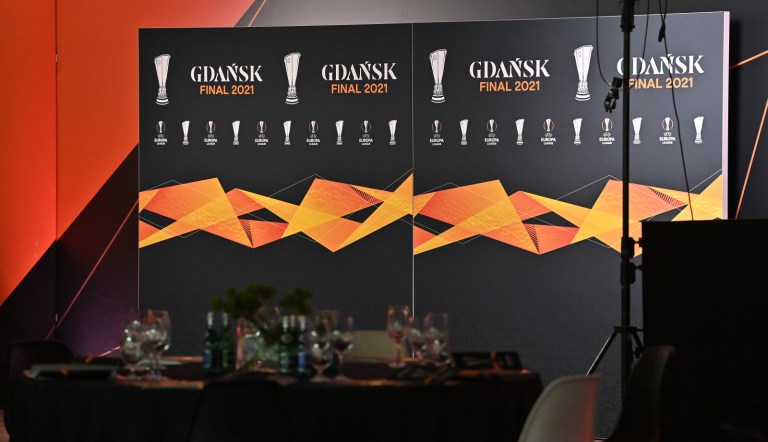
Football Marketing
The marketing of sport in general, and football in particular, has developed rapidly over the last two or three decades. Following developments in key markets such as the United States, its role and importance has been increasingly recognised by many sports, including football.
As such, international governing bodies, national associations, clubs and many other stakeholder organisations take football marketing very seriously. In fact, many of these organisations have dedicated marketing staff and departments
This chapter therefore provides an overview of this key area of management, specifically highlighting four main domains: sports marketing and the nature of the sports product; brand and marketing communications; licensing, ticketing and hospitality; and media rights. You are strongly recommended to read this chapter in conjunction with UEFA’s National Association Guide to Marketing, a book produced by UEFA to provide national associations with the latest tools and best practices in football marketing.
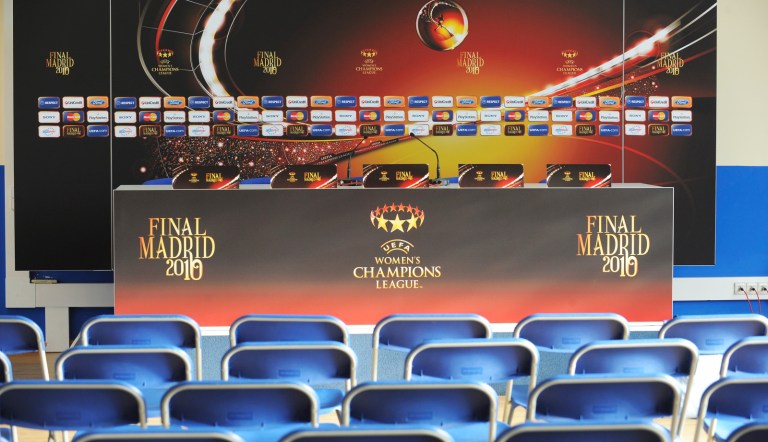
Communication, the media and public relations
Communication is an important part of the life of a national association or a football club. An effective communications strategy is essential for any organisation in today’s digital media environment, given the increasing pace at which information circulates and the reach of such information.
At the same time, people’s consumption patterns and search behaviours are evolving. This converging media and information landscape creates both challenges and opportunities for all football organisations.
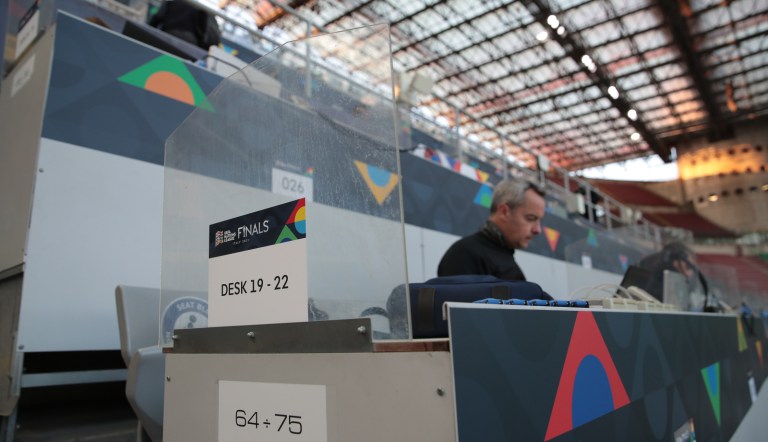
Event and volunteer management
Beyond mega-events such as the EURO, a plethora of football events of varying sizes and significance take place. Some smaller events involve an international governing body, e.g. finals or final tournaments of international youth competitions, but many are predominantly run by national or regional associations.
Football events can be recurrent, such as national cup finals, or they can be one-off events if, by their very nature, they involve a different organiser and host territory on each occasion, such as the UEFA Futsal EURO. They can have a broad territorial impact or focus on a small area. In this session, we will mainly consider one-off events.
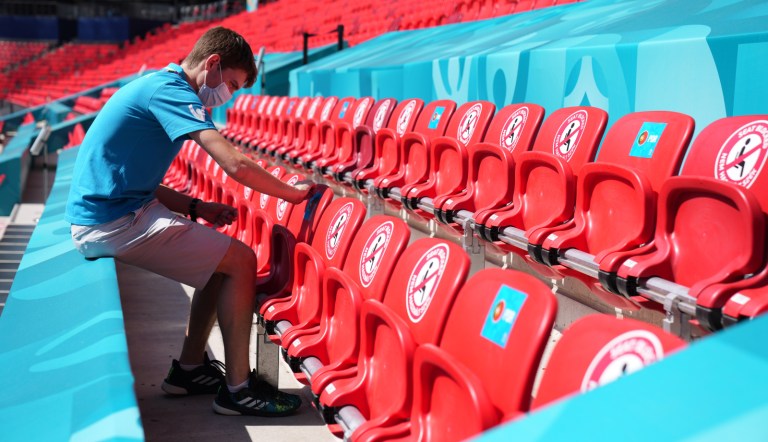
Football and social responsibility
FSR refers to the way that football organisations integrate moral, social and environmental concerns into their core functions. Engagement in stakeholder dialogue encourages societal issues to be tackled in a proactive manner and contributes to a positive impact on society at large.
FSR seeks to confront problematic moral, social and environmental behaviours (bad practices) relating to football. In contrast, good FSR practices offer examples of the positive influence that football organisations can have on society.

WHAT OUR STUDENTS SAY

